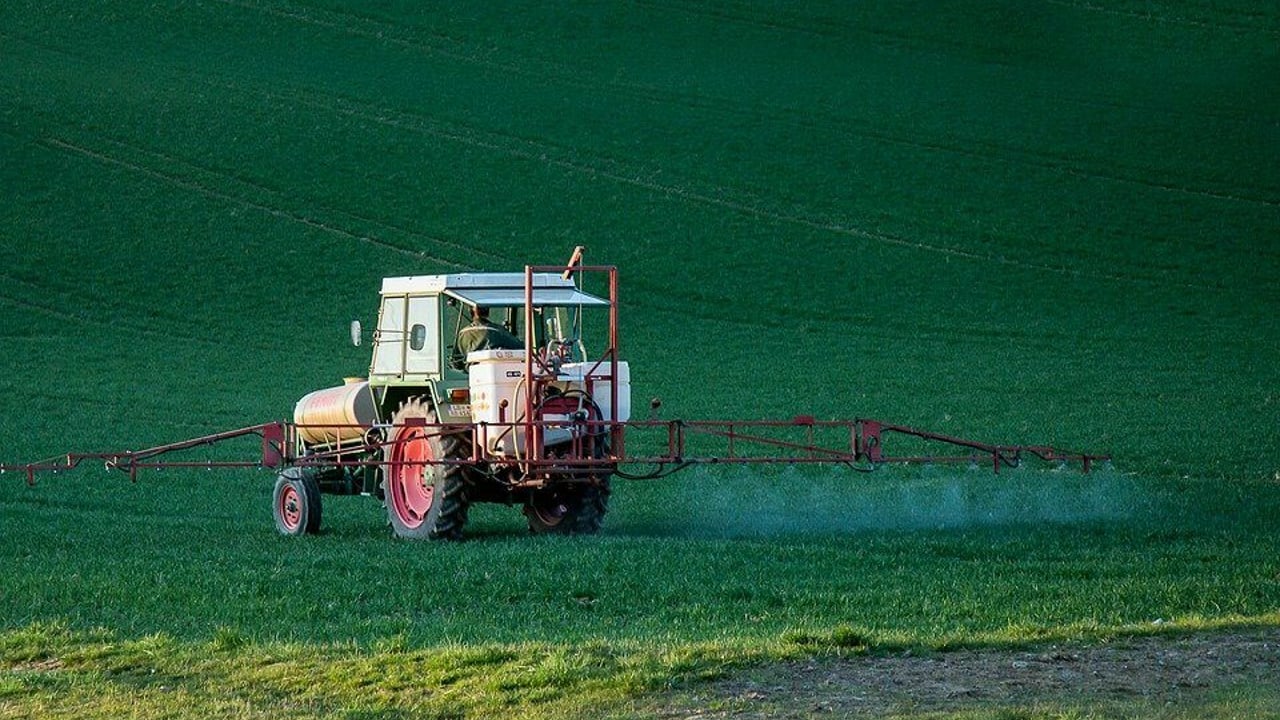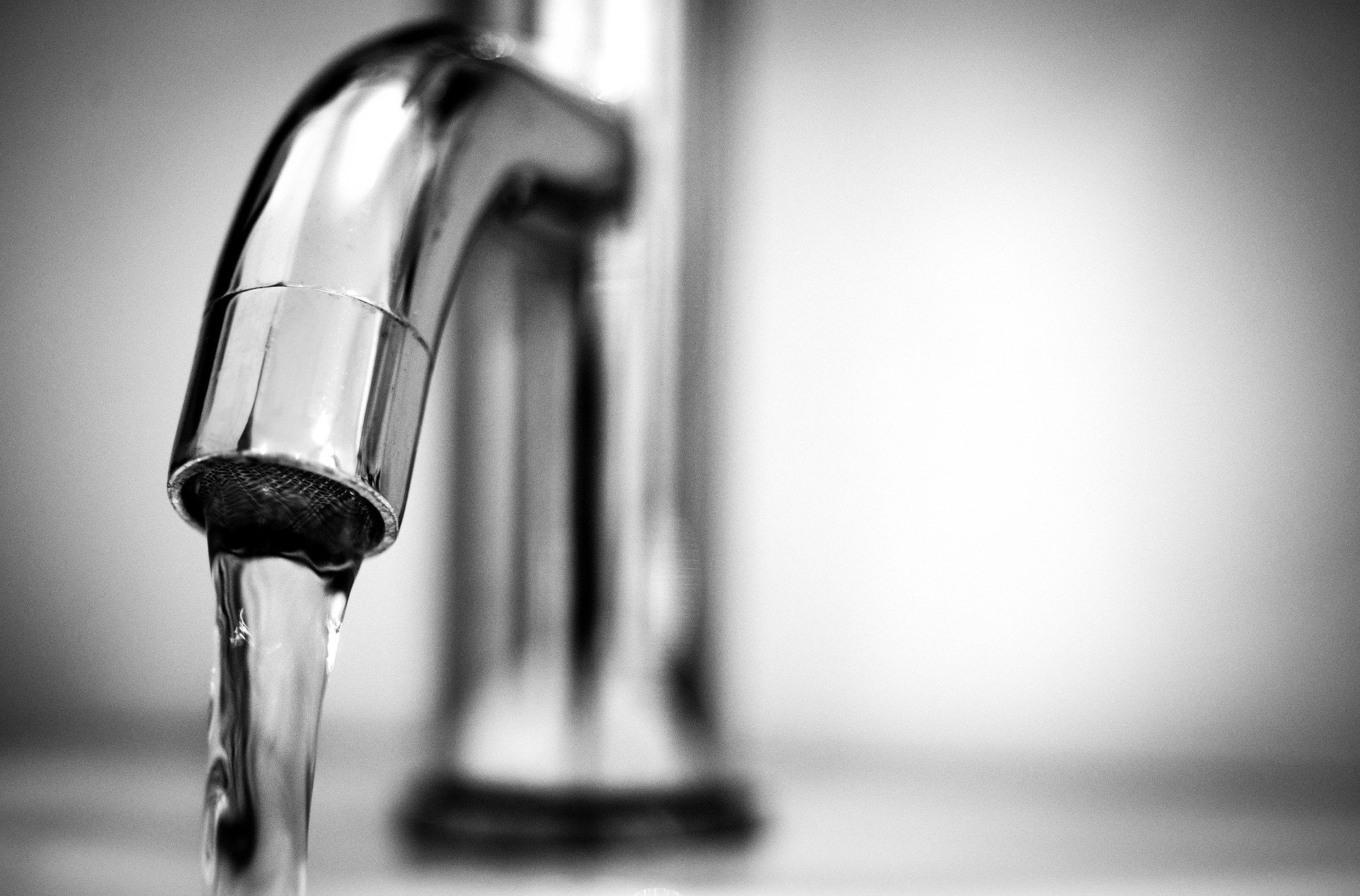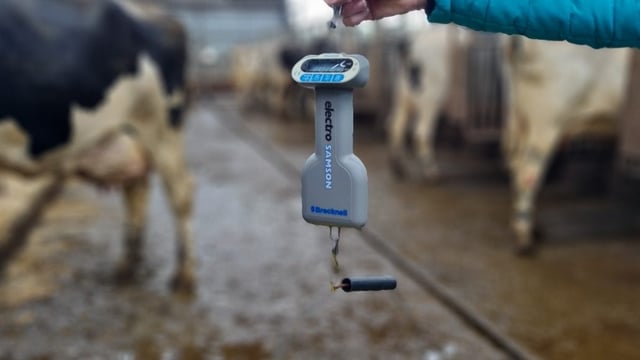Sponsored Article
Spraying: Best practice to protect water quality from contamination
Sponsored Article

Excess pesticides continue to be detected in drinking water around Ireland, and while the levels detect don't pose a health risk - they are undesirable. It is important for pesticide users to be mindful of best practice measures when spraying their lands.
Irish Water, working in partnership with the National Pesticides and Drinking Water Action Group (NPDWAG), is appealing to farmers and other users of pesticides to always consider the feasibility of alternatives to pesticides in the first instance, and to ensure that best practice measures to protect drinking water quality are always followed in cases where pesticide use is considered necessary.
Efforts to reduce the incidence of detections are being coordinated by the NPDWAG, which is chaired by the Department of Agriculture, Food and the Marine (DAFM).
All of the key stakeholders are represented in this group and include other government departments and agencies; local authorities; industry representative bodies; farming organisations; water sector organisations; and amenity sector organisations.
Pesticide detections in drinking water
Commenting on the issue of pesticide detections in drinking water, John Leamy, Irish Water’s Drinking Water Compliance lead said: “Irish Water is continuing its extensive investment programme to improve water and wastewater services in Ireland.
“Providing safe, clean drinking water for all is our first priority. In Ireland, the majority [82%] of our customers receive their drinking water supplies from surface water sources [i.e. water from rivers, lakes and streams].
Dr. Aidan Moody, chair of the NPDWAG, commented: “The continued engagement of all stakeholders, working in partnership, is needed to tackle this issue.
"Users of pesticides should always consider alternatives before resorting to using pesticides and if pesticides are essential, make sure that they are aware of the best practice measures that should be followed to protect water quality.”
MCPA, which is commonly used to kill rushes on wet land, is the main offender. Careless storage, handling or improper application means it can easily end up in drinking water leading to breaches of the drinking water regulations.
The regulations are so stringent that a single drop of pesticide is enough to breach the drinking water limit in a small stream for up to 30km. This clearly highlights the level of care needed to protect drinking water sources.
Irish Water, working in partnership with the NPDWAG, would like to remind farmers and professional users of pesticides of the need to follow best practice in the application of pesticides such as MCPA on land, particularly near lakes and rivers used as drinking water sources.
Farmers and other landholders dealing with the challenge of tackling rushes should note that DAFM has issued guidance on the sustainable management of rushes to minimise herbicide use. More information on this can be obtained from local farm advisors or online here.
Best practice for spraying and storage
If pesticides have to be used, the basic steps to reduce risks to drinking water sources and the aquatic environment are:
More information
Further reading can be done by downloading information leaflets on pesticide use from the Teagasc website by clicking here.
Sponsored Article












